 The Earl's Christmas Consultant
The Earl's Christmas Consultant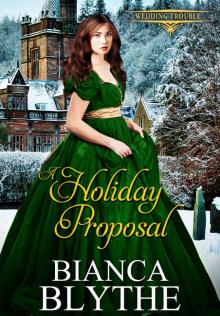 A Holiday Proposal (Wedding Trouble Book 6)
A Holiday Proposal (Wedding Trouble Book 6) The Earl's Christmas Consultant (Wedding Trouble Book 3)
The Earl's Christmas Consultant (Wedding Trouble Book 3) A Kiss for the Marquess (Wedding Trouble Book 5)
A Kiss for the Marquess (Wedding Trouble Book 5)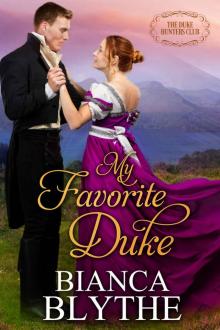 My Favorite Duke (The Duke Hunters Club Book 2)
My Favorite Duke (The Duke Hunters Club Book 2)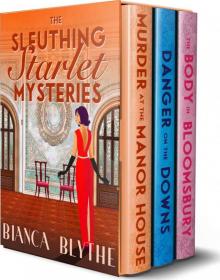 The Sleuthing Starlet Mysteries
The Sleuthing Starlet Mysteries Lords, Snow and Mistletoe
Lords, Snow and Mistletoe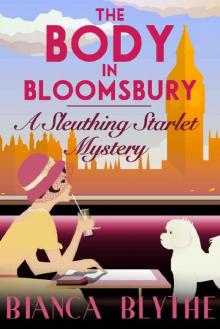 The Body in Bloomsbury
The Body in Bloomsbury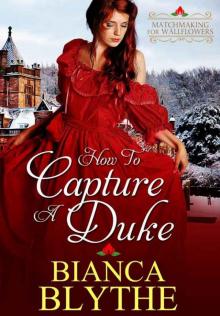 How to Capture a Duke (Matchmaking for Wallflowers Book 1)
How to Capture a Duke (Matchmaking for Wallflowers Book 1)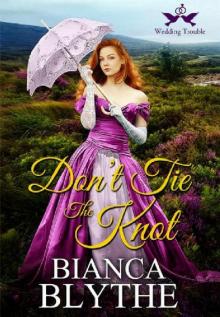 Don't Tie the Knot
Don't Tie the Knot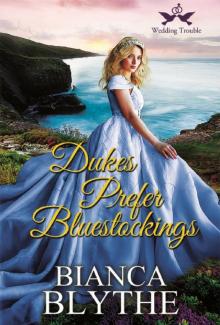 Dukes Prefer Bluestockings
Dukes Prefer Bluestockings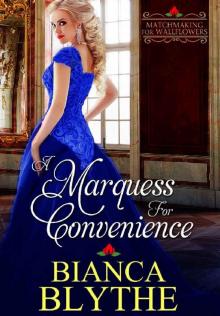 A Marquess for Convenience (Matchmaking for Wallflowers Book 5)
A Marquess for Convenience (Matchmaking for Wallflowers Book 5) Lords, Snow and Mistletoe: A Regency Christmas Collection
Lords, Snow and Mistletoe: A Regency Christmas Collection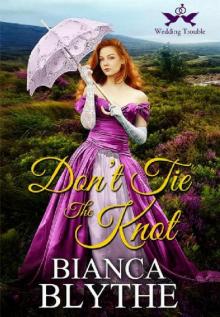 Don't Tie the Knot (Wedding Trouble Book 1)
Don't Tie the Knot (Wedding Trouble Book 1)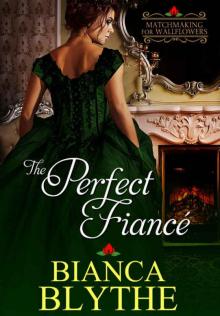 The Perfect Fiancé (Matchmaking for Wallflowers Book 0)
The Perfect Fiancé (Matchmaking for Wallflowers Book 0)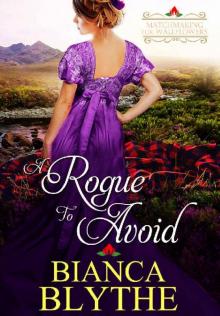 A Rogue to Avoid (Matchmaking for Wallflowers Book 2)
A Rogue to Avoid (Matchmaking for Wallflowers Book 2)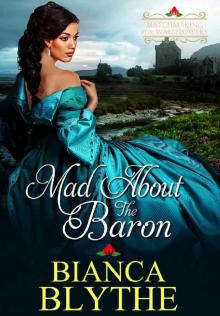 Mad About The Baron (Matchmaking for Wallflowers Book 4)
Mad About The Baron (Matchmaking for Wallflowers Book 4)